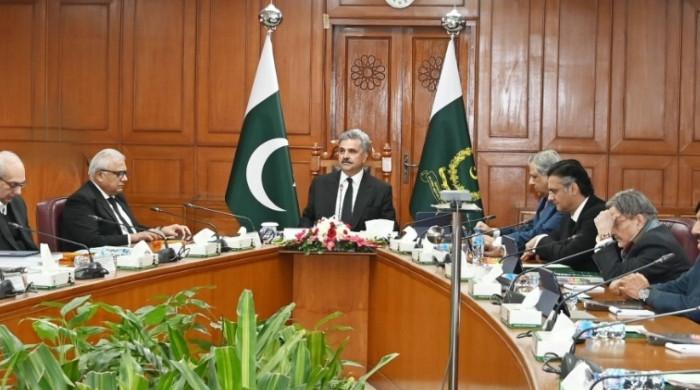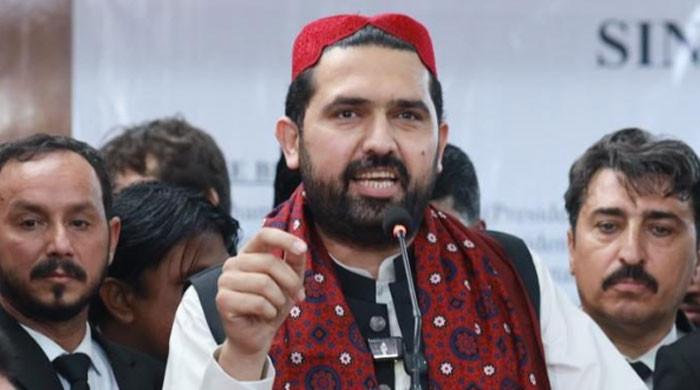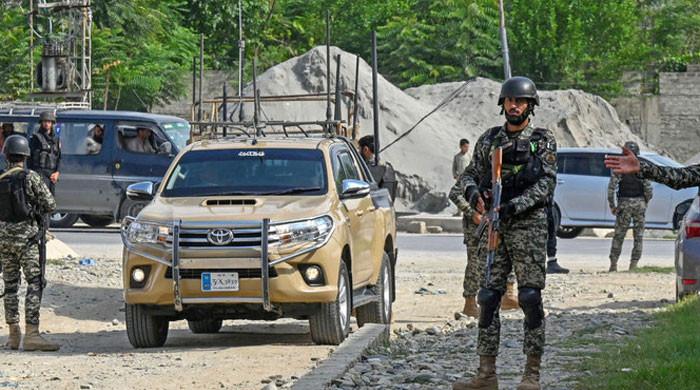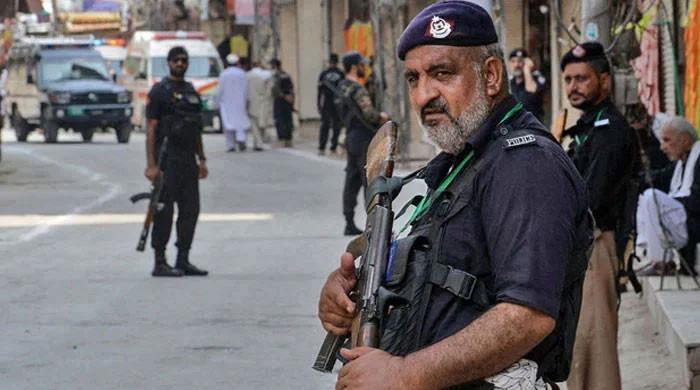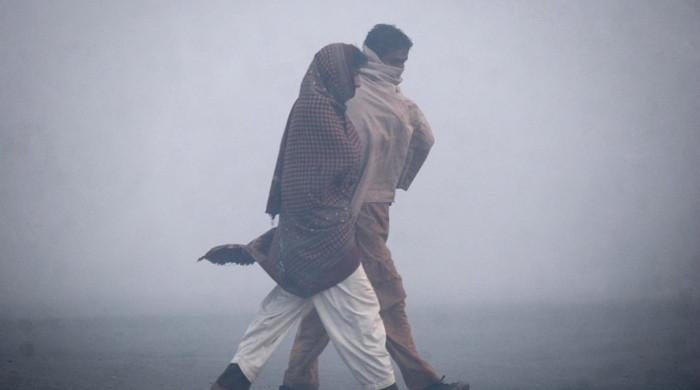100-day plan: Karachi cleanup and roads top priorities, says Waseem Akhtar
Mayor promises Karachiites he is going to start work on cleaning up the city and repairing the broken roads immediately
December 01, 2016
KARACHI: Mayor Waseem Akhtar stopped by on Geo Pakistan morning show today (Thursday) where he promised Karachiites that he is going to start cleaning up the city and repairing broken roads immediately.
The mayor said he has a 100-day plan for the city in which he will focus on the two most critical issues facing the residents: piles of garbage scattered across the metropolis and broken roads making day-to-day commute a hassle.
100-day plan
Elaborating on his plans for the first 100 days, Waseem Akhtar said his team is working with UCs in three districts of Karachi to build at least one park, one school and one clinic in each UC during the next 100 days. The team will also focus on removing garbage and repairing roads in each UC.
When asked if the Karachi residents will be able to see some visible change after 100 days, Akhtar replied, “Yes, with whatever resources and power I have, you will all be able to see some changes.”
“But there’s a lot of work to do. A lot of backlog in garbage which would require time to clean up,” he added and requested the public to be patient.
“I promise, there will be improvement, definitely some improvement,” he said.
‘Power to local bodies essential to ensure Karachi development’
Mayor Waseem Akhtar lamented the hurdles the local government faces in its attempts to improve the city’s condition and blamed the provincial government for failing to release funds.
“The local bodies need power, authority and resources to make anything happen. How can we start our work when the province is not willing to help us?” Akhtar said.
He added that this was in stark violation of Article 148 of the Constitution and appealed to the Prime Minister to allocate more budget and authority for Karachi. He also appealed to the Karachi residents to help and support him in his goals to improve the city’s conditions.
Life in prison
Mayor Waseem Akhtar shared details of what his life was like in prison. When asked about a typical day behind bars, he said he spent most of his time there listening to other inmates’ stories of struggle and trying to help them out in whatever way he could.
“Other people in the prison came up to me, talked to me about their problems, it made me forget about my own troubles,” Akhtar said.
He criticised the system for overcrowding prisons and keeping people behind bars even when they had been granted bail. "There were people serving sentences because they did not have bail money. Their children had dropped out of school. When you place an innocent man behind bars you affect an entire family."
The mayor also said all the cases against him were fabricated.
“There was a gym and library in the prison. There was also a place with many paintings on display,” he recalled.






